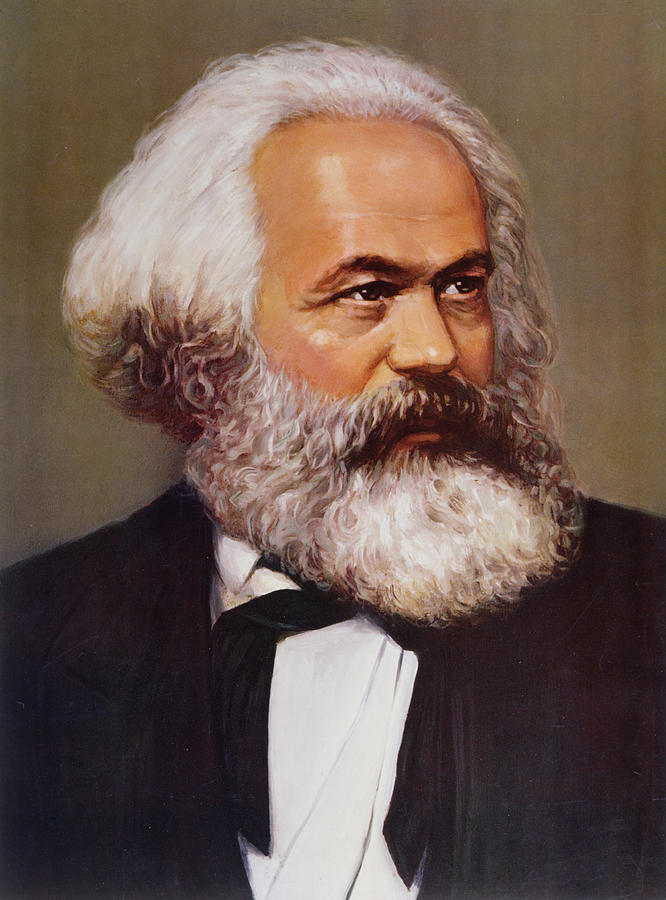PRESS
RELEASE
No Murdo! Keep your nose out of English Business!
Murdo
Fraser, the Conservatives' “Enterprise spokesman” in the Scottish Parliament
told Glasgow University on Thursday that devolution to the UK nations must be
balanced with greater powers to the English regions.
He
claimed it would be "straightforward" to create a federal system for the nations
by devolving tax-varying powers but full UK federalism would not work "on the
basis of England as a single unit".
"It
is quite possible to envisage a network of strong cities, or city regions,
emerging to which powers could be devolved.”
"We
can then add into the mix historic counties with a strong local identity, such
as Yorkshire or Cornwall.”
"We
do have areas such as the North-East or North-West, or East Midlands, which
already have a coherent regional identity, and very quickly the map of England
is filled up with a patchwork of local units, maybe not identical in geographic
size, population or wealth, but all having an identifiable local
focus."
Federalism
would also resolve the "West Lothian Question" - the right of non-English MPs to
vote on purely English matters - and reform of the Lords, Mr Fraser
claims.
According
to the Government’s own MacKay Commission Report there is much less support for
breaking England up into such “Regions” than for outright English Independence
from the UK.
Perhaps
Murdo Fraser MSP is promoting this new attempt to break up England for the same
reason as the Liberal Democrats, “Charlie” Kennedy told Dunfermline Lib Dems in
1999 that he supported Regionalisation for England because it was “bringing into
question the idea of England itself!”
Robin
Tilbrook, the Chairman of the English Democrats said:- “We don’t want Scottish
politicians telling the English that England should be broken up. My message to
any such Scottish politicians is keep your nose out of English
business.”
Robin
continued:- “The sooner the UK is dissolved the quicker the Nations of the
former UK can live as friendly neighbours!”
Robin
also said:- “Dissolution of the UK is why the English Democrats are supporting
a ‘YES’ vote for Scotland on the 18th September. Mr Murdo Fraser
claims that “UK federalism would not work on the basis of England as a single
unit”. I say ‘so be it’! Let’s dissolve a Union which is in any case well
past its sell by date!”
Robin
Tilbrook
Chairman,
The English Democrats






